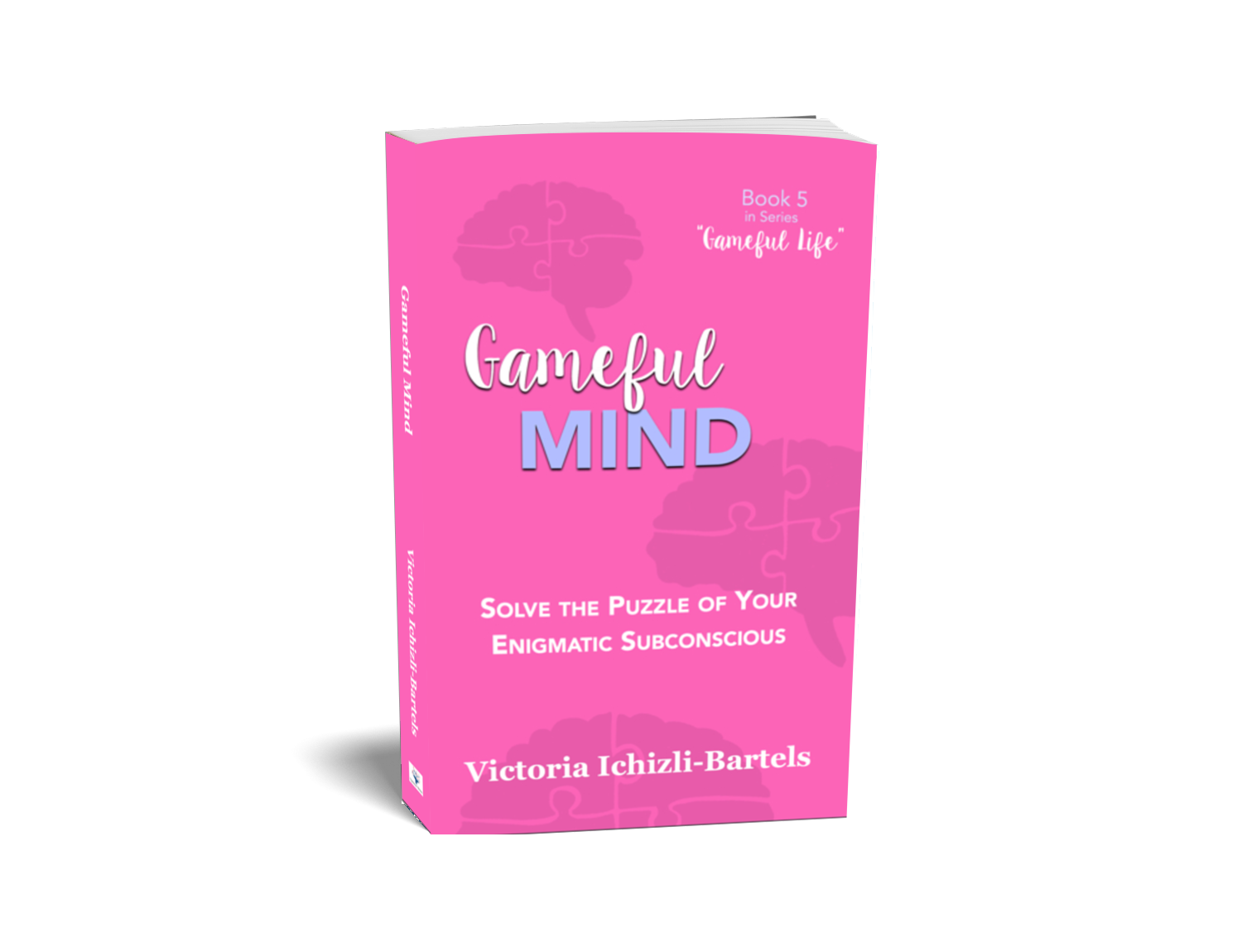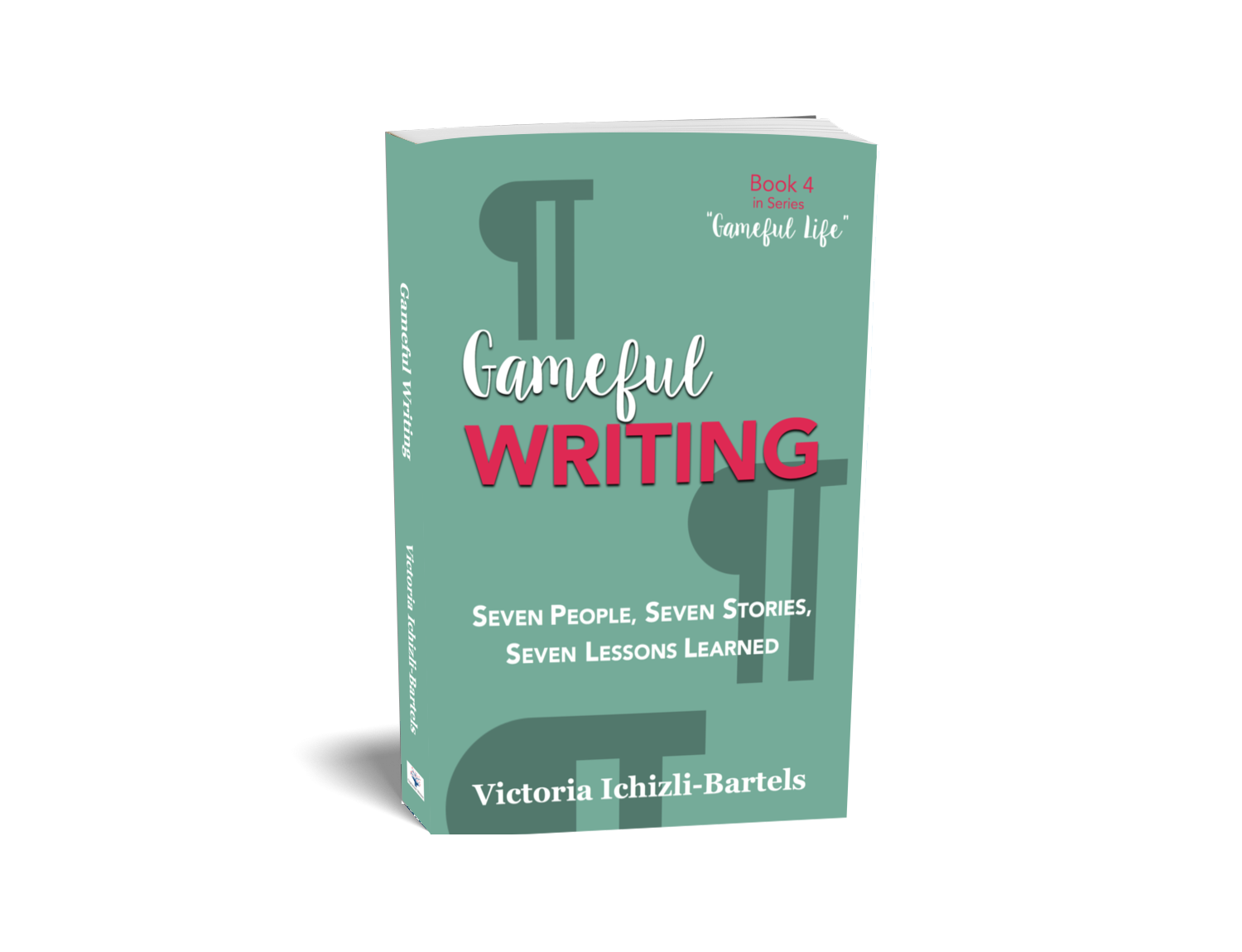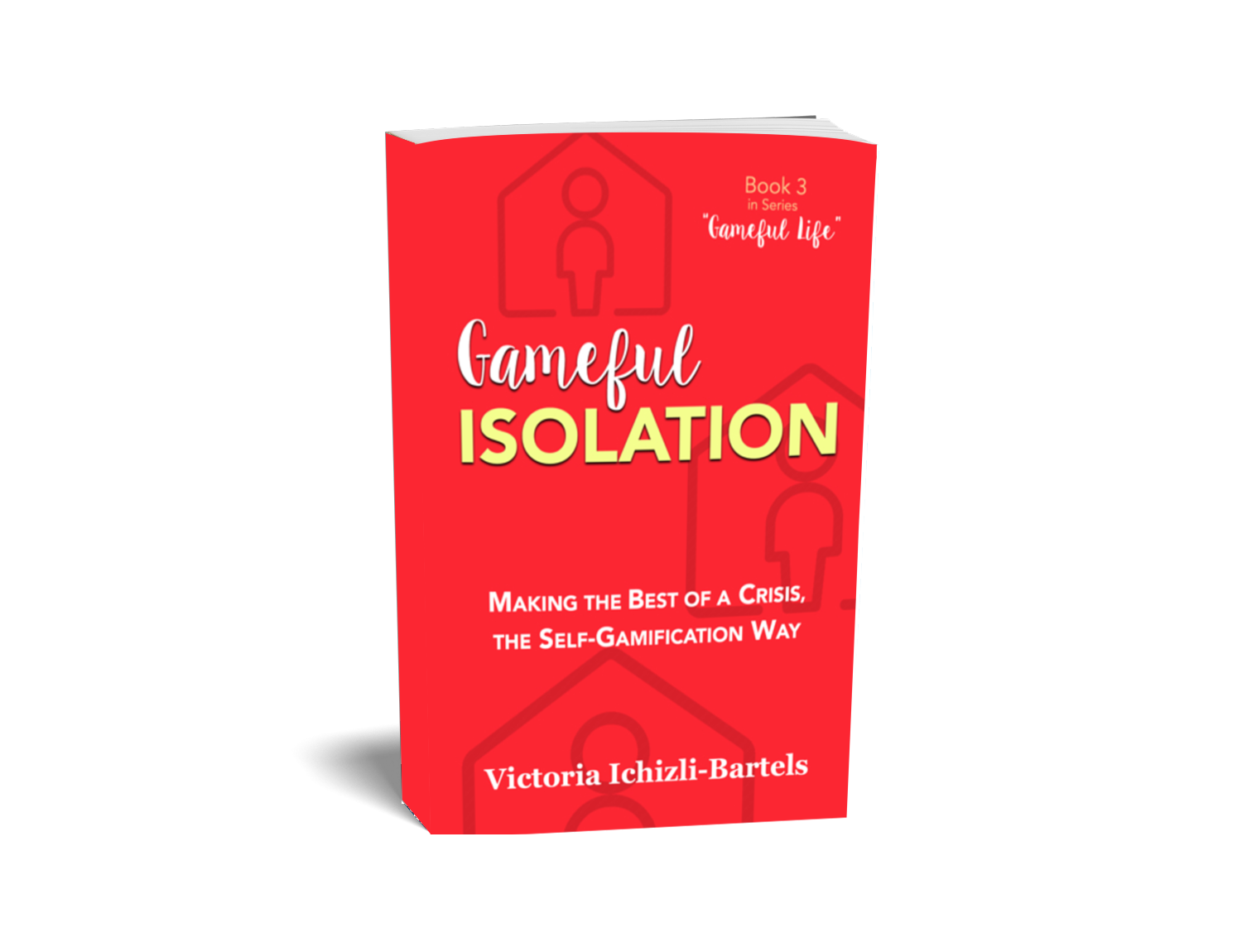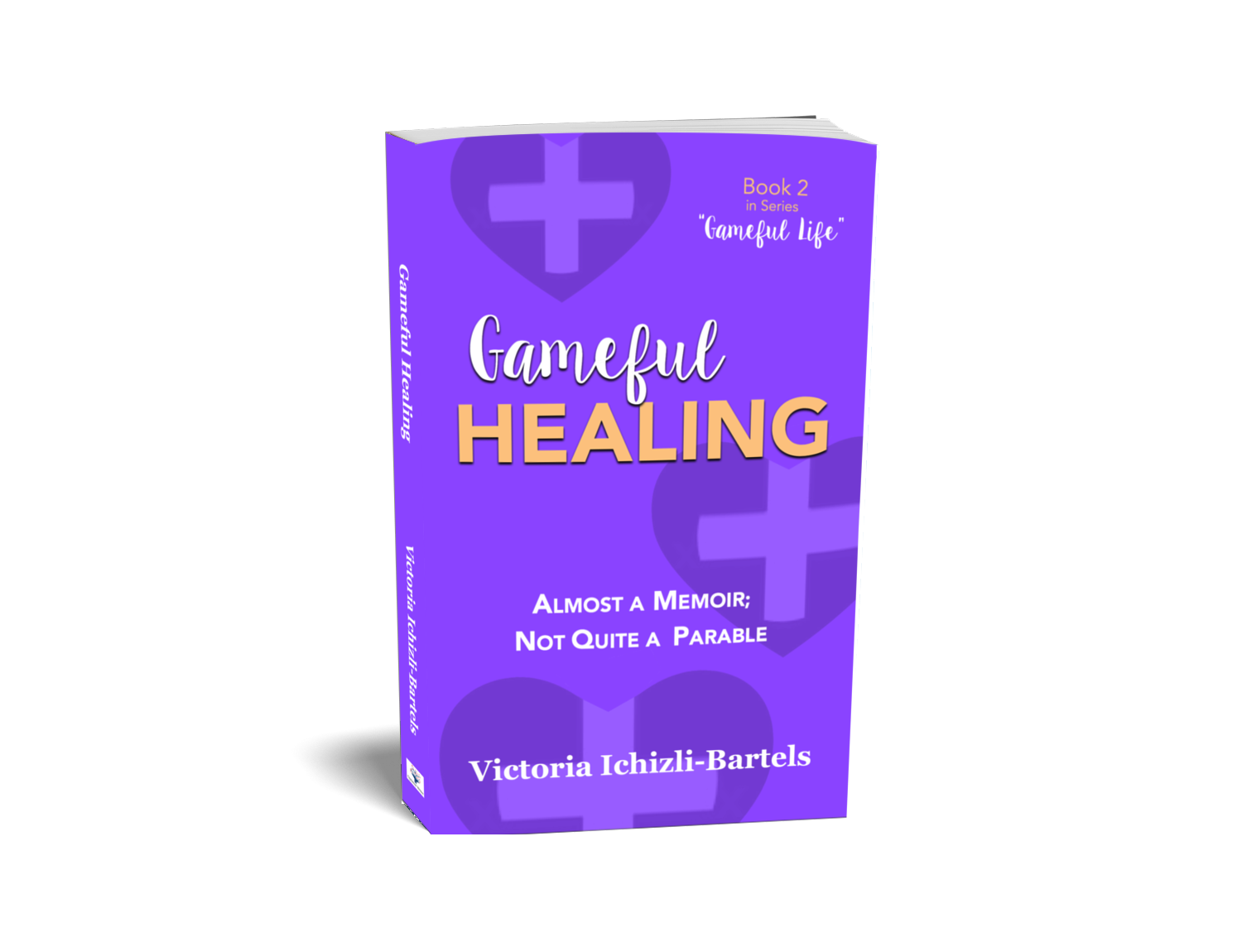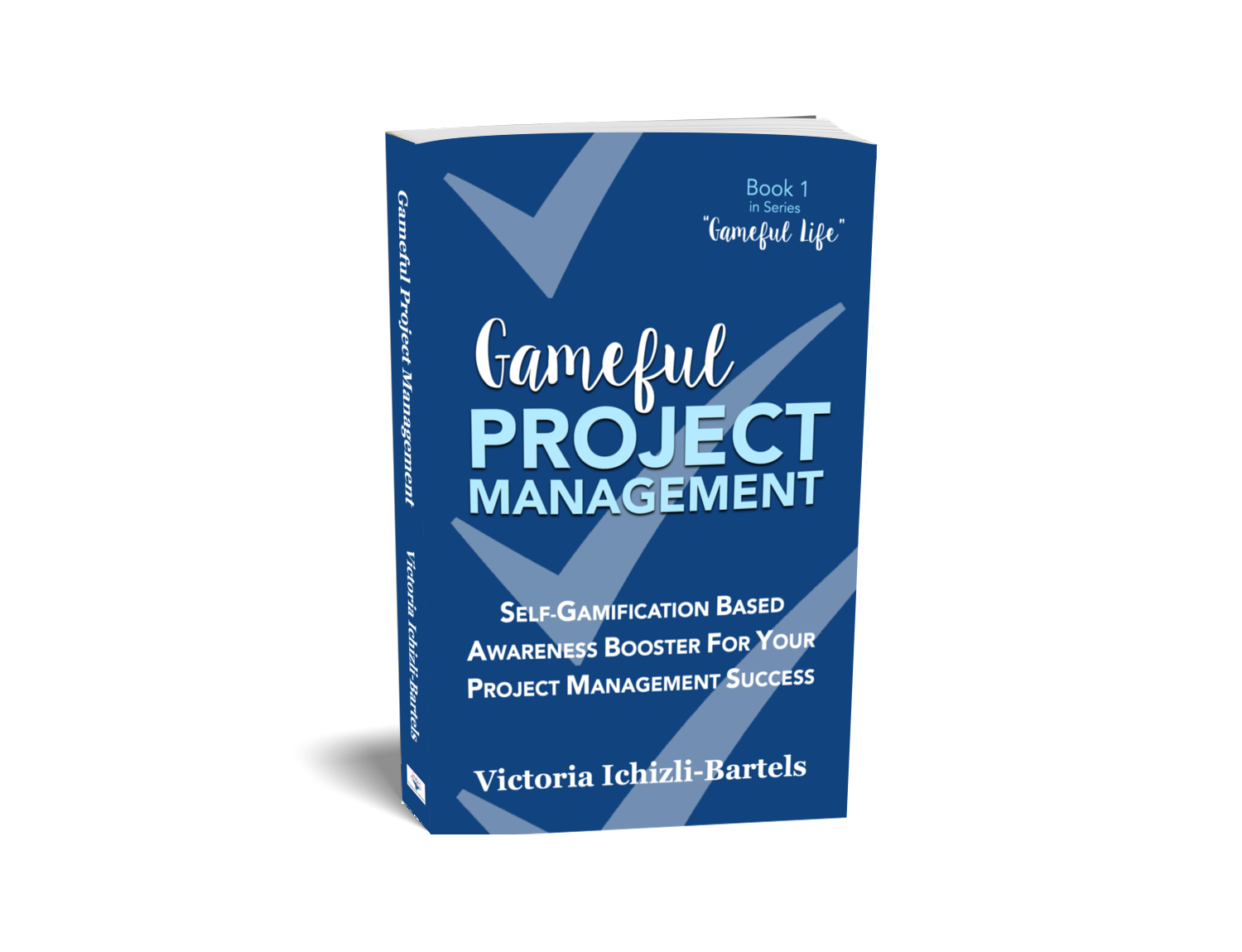***
Here is the eighth blog post in a series featuring videos on YouTube, where I read from one of my motivational books for one minute.
In this video, I read from my book Gameful Mind: Solve the Puzzle of Your Enigmatic Subconscious (Book 5 in the “Gameful Life” series).
I am reading chapter (puzzle piece) 45, “Impatience.”
Here it is if you want to read along, prior, or afterward.
***
Excerpt from the Gameful Mind
Have you noticed that when you ask a question, you expect an answer right away? Even if you put one on social media and are aware that it will take time for those you are connected with to discover the question and answer it.
You find yourself re-opening the window of the respective social media shortly after closing it. Then you check your post for the answers. And you repeat it many times that day until the first answers start arriving. After that day, as well.
You become even more impatient toward yourself when there is a question you need to answer, especially if you pose this question yourself.
“How shall I do that?” you ask yourself often.
And with impatience growing, you might change the question into an order. If you are a writer, then you might recognize this one-sided dialogue:
“Come on! How hard can it be to write a paragraph? At least write something, for goodness sake!”
But, here is the problem:
“Your brain doesn’t like being barked at. It will, in essence, fold its arms and refuse to budge, much like a stubborn child who doesn’t want to put away his toys.” — Robert Maurer, The Spirit of Kaizen: Creating Lasting Excellence One Small Step at a Time
***
The next step
If you want to find out more about the gameful nature of your mind and especially your subconscious, then I invite you to read Gameful Mind. To look at the book and buy it on Amazon, click on its title above or this image below:
If you want to see where else you can buy it, then go to the book’s page on this website here.
Alternatively, you can subscribe to my page, Optimist Writer, on ko-fi for $5 a month, and besides supporting what I do, you will also get access to all my motivational books, which I share there once a month or each time a book is out. Right now, you can get access to four of my books there — one upon subscription or one-time support and three in the posts solely for subscribers. Gameful Mind will appear later this year or sooner upon explicit request from the subscribers.
I wish you a beautiful and gameful day!

